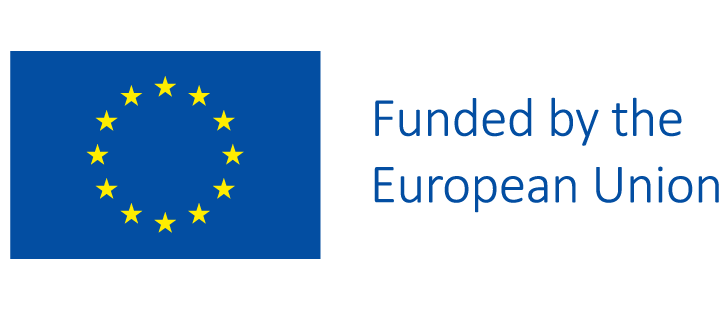Increased polarisation triggered by social protest movements, the COVID-19 crisis and the war in Ukraine has challenged European democracies and fostered extremist narratives, with strong and numerous consequences for citizens, politics, and the democratic exercise.
European citizens are facing the “post-truth” world, characterised by conspiracy theories, overwhelming disinformation, fake news and more and more extremist narratives. As Europeans prepare to vote in the European Parliament elections in June it is crucial that we carefully interrogate extremist narratives.
This is the work we are carrying out as part of the ARENAS project. The full project title is “Analysis of and Responses to Extremist Narratives. The ARENAS consortium focuses on extremist narratives as crucial nexuses, because “the battle of stories, not the debate on issues” can determine how citizens react to political events (Cornog 2014). Extremist narratives constitute counter-narratives in the sense that they challenge mainstream worldviews and mainstream interpretations of periods of social change and major events.
Creating a definition of extremist narratives has formed part of the initial work of undertaken so far in ARENAS. The team leading Work Package 2 have developed the following definition.
“Extremist narratives are extremist in the sense that they clearly distinguish between a (morally and ethically) superior in-group that it perceived as legitimate and an out-group that is framed as both inferior and dangerous, and against whom the in-group has to defend their interests at all costs, including by means of hostile actions and not accepting any alternative views
Extremist narratives are narratives that often rely on “storytelling” in the sense of evoking a structured sequence of events caused or experienced by actors and involving a construal of Us/Them dichotomies, to emotionally anchor and reinforce worldviews, but also to propagate and normalize ideologies.”
The analysis and interrogation of extremist narratives is important for several reasons:
1. To Preserve Democracy and Trust:
When false information circulates, it erodes trust in governments and public institutions, weakening the democratic fabric of society.
2. To Recognise the Influence on Voter Opinions:
Disinformation campaigns aim to influence voters’ opinions by spreading false narratives and fabricated stories. People who post disinformation use strong emotions to manipulate us and spread their message.
3. To Mitigate Polarisation:
Extremist narratives often exploit people’s fears, prejudices, and worst impulses. By questioning and challenging these narratives, we can counter their divisive impact and promote a more informed and balanced discourse.
4. To Preserve Electoral Integrity:
Robust fact-checking and awareness-raising initiatives are essential to combat disinformation.
According to Julien Longhi, ARENAS Project co-ordinator, “In this indecisive electoral context, in which extremist discourse is widely disseminated and takes advantage of certain formats that are not used by the mainstream parties, the distanced view of scientists from different disciplines and different European areas is crucial: this is where the participants in the ARENAS project come in, offering to share their expertise on different aspects or contexts of the European election. This will enable voters to benefit from new knowledge and original insights to grasp the issues and opportunities of the election.”
Actively questioning and challenging extremist narratives helps safeguard democracy, maintain trust, and promote informed decision-making during European elections. The European Parliament’s communications team has created a series of short videos which help you understand how they do this and how you can avoid falling into their trap. We invite you to watch the videos and to share with your own networks.
Photo by Marius Oprea on Unsplash

